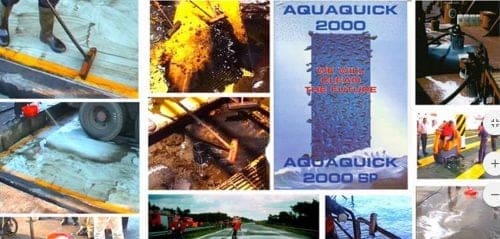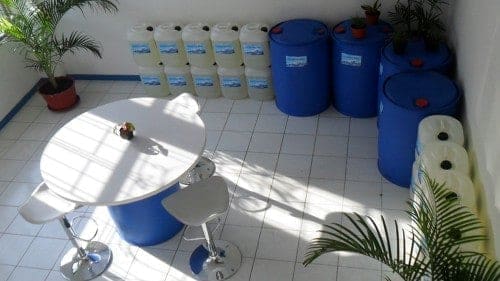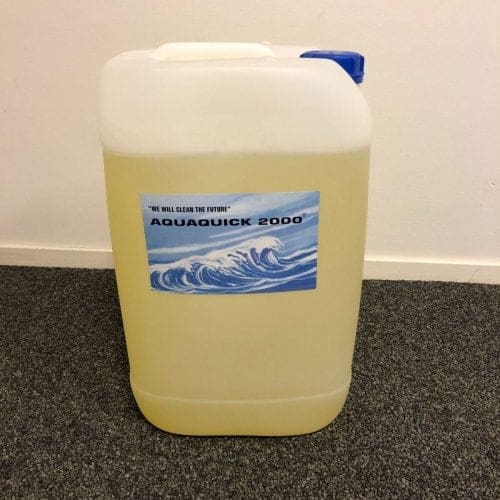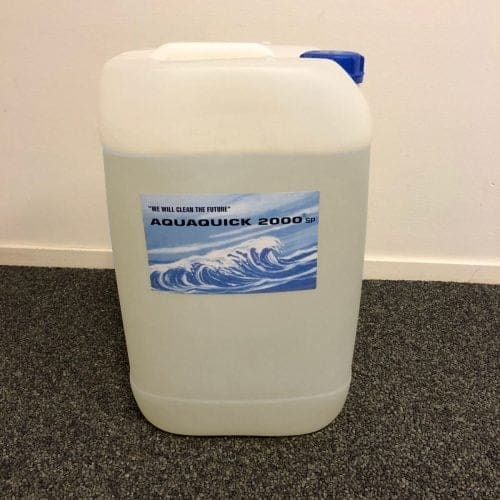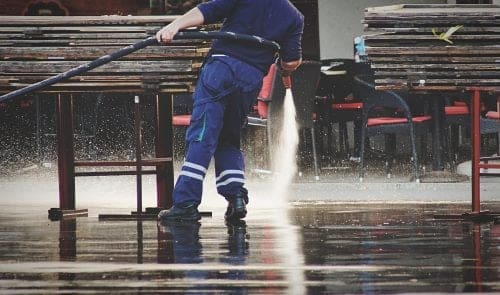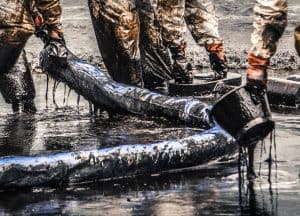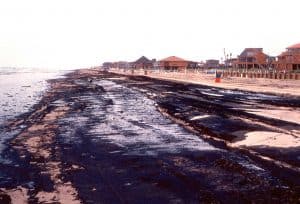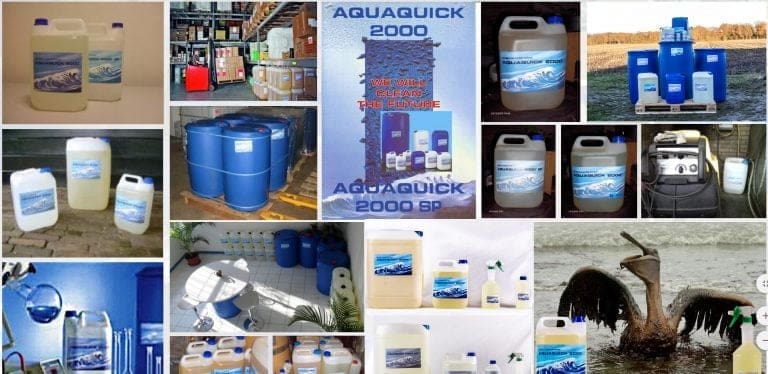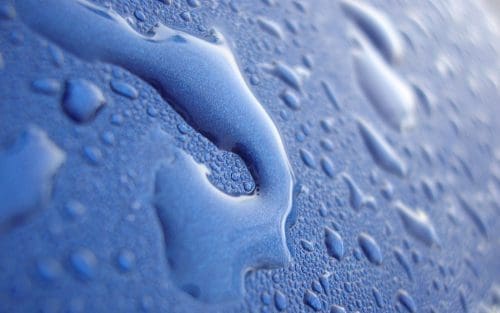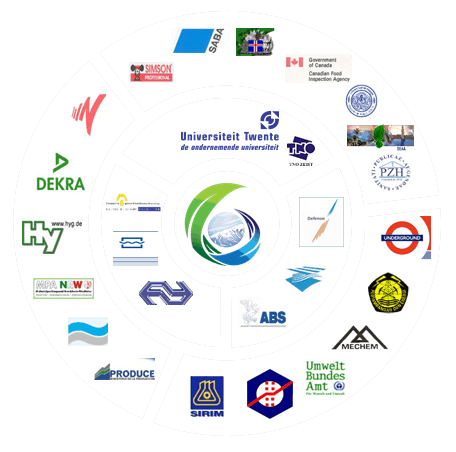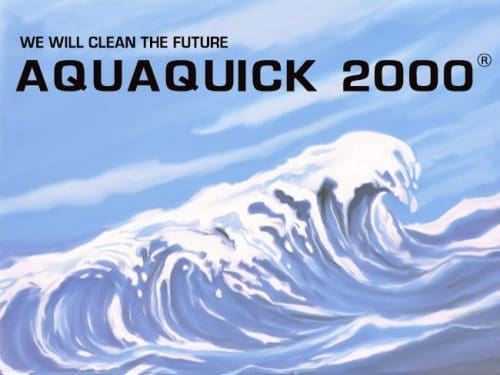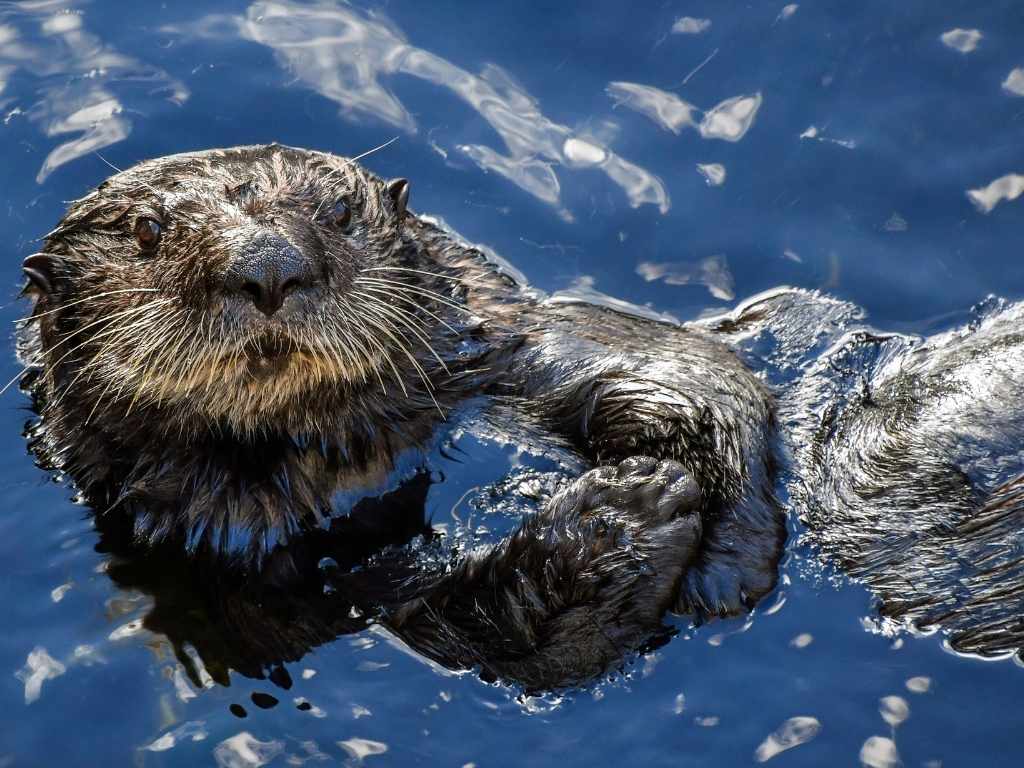Vydry mořské, často označované jako "strážci chaluhových lesů", hrají zásadní roli při udržování mořských ekosystémů. Jejich jedinečná biologie je však činí velmi zranitelnými vůči únikům ropy, což představuje významné hrozby pro jejich přežití. Tento článek se zabývá vlivem úniku ropy na vydry mořské, širšími ekologickými důsledky a dostupnými řešeními, jak tyto dopady zmírnit.
Jak úniky ropy ovlivňují vydry mořské
Vydry mořské jsou ve studených oceánských vodách závislé na své husté srsti - nejhustší ze všech savců -, která je izolací. Na rozdíl od mnoha jiných mořských živočichů jim chybí silná vrstva tuku. Díky této závislosti na kožešině jsou obzvláště citlivé na škodlivé účinky ropných skvrn.
Fyzikální účinky oleje
Když olej pokryje vydří srst, naruší její izolační vlastnosti a umožní pronikání studené vody. Toto vystavení může vést k podchlazení, které je často smrtelné, pokud se mu včas nevěnuje pozornost. K požití oleje navíc dochází, když se vydry upravují, aby se toxické látky zbavily. Požití oleje může mít za následek vnitřní poškození, včetně:
- Poškození jater a ledvin: Toxické uhlovodíky obsažené v oleji mohou narušit funkci orgánů.
- Trávicí problémy: Požití oleje může způsobit vředy, vnitřní krvácení a ucpání.
- Potlačení imunitního systému: Vystavení oleji snižuje schopnost vydry bojovat s infekcemi.
Dopady na chování a reprodukci
Úniky ropy ovlivňují také chování a reprodukci vyder mořských. Potažená srst jim brání v plavání a lovu, což vede k podvýživě. U březích vyder se mohou vyskytnout komplikace a míra přežití mláďat se ve znečištěném prostředí výrazně snižuje.
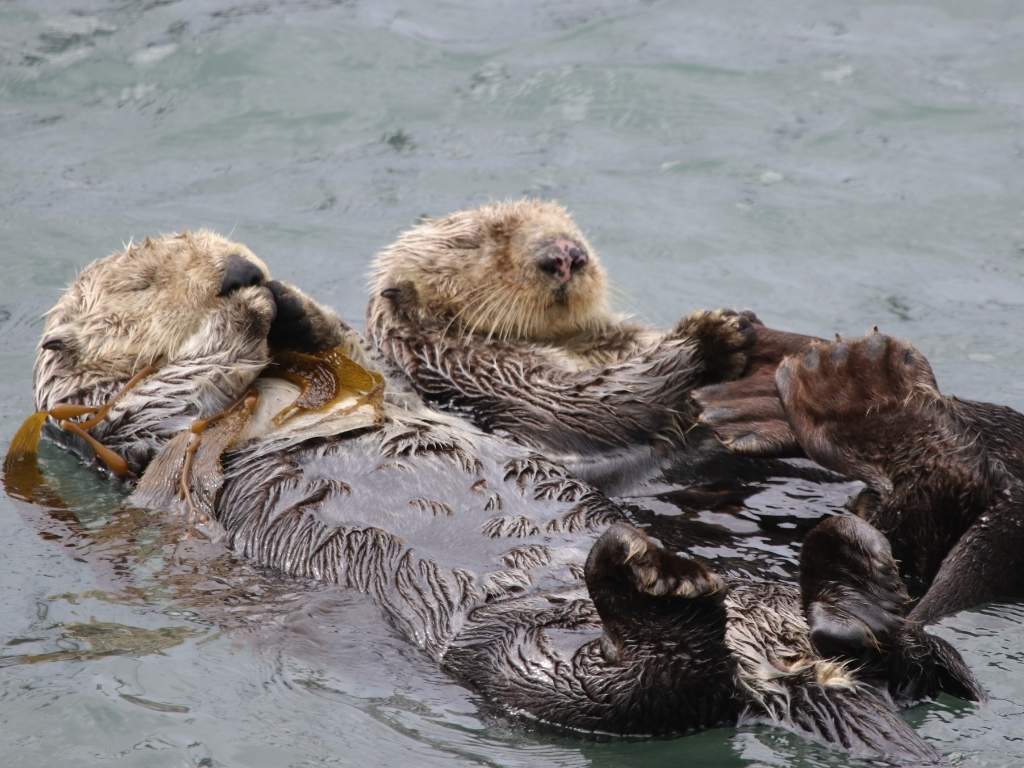
Ekologické důsledky
Úbytek populace vyder mořských v důsledku úniku ropy má dalekosáhlé ekologické důsledky. Vydry mořské jsou klíčové druhy, což znamená, že jejich přítomnost významně ovlivňuje strukturu ekosystému. Tím, že se živí mořskými ježky, zabraňují nadměrnému spásání chaluhových lesů, které slouží jako životně důležité prostředí pro řadu mořských organismů. Snížení počtu mořských vyder může vést k nekontrolovanému růstu populací ježovek, což má za následek zničení lesů z chaluh a ztrátu biologické rozmanitosti.
Pozoruhodné stránky Incidenty spojené s únikem ropy Zapojení mořských vyder
Ropná skvrna Exxon Valdez (1989)
Jedna z nejznámějších ropných havárií v historii, havárie společnosti Exxon Valdez v aljašském zálivu Prince Williama, zničila populaci vyder mořských. Přibližně 40% místní populace vyder mořských zahynulo v důsledku podchlazení a požití ropy. Dlouhodobé následky úniku zahrnovaly sníženou míru reprodukce a přetrvávající ropu v prostředí, která měla na vydry vliv po celá desetiletí.
Ropná skvrna v Santa Barbaře (2015)
Tato skvrna na kalifornském pobřeží upozornila na přetrvávající hrozbu pro vydry mořské v regionu. Přestože byla menšího rozsahu než únik ropy z tankeru Exxon Valdez, zdůraznila zranitelnost pobřežních ekosystémů vůči kontaminaci ropou.
Úklid a obnova
Reakce na únik ropy vyžaduje okamžité a koordinované úsilí o minimalizaci škod na vydrách a jejich stanovištích.
Čištění postižených vyder
Čištění mořských vyder pokrytých olejem je choulostivý a pracný proces. Záchranáři používají teplou vodu a specializované čisticí prostředky, aby odstranili olej, aniž by způsobili další stres. Rehabilitační centra poskytují péči, která stabilizuje zdravotní stav vyder a připravuje je na reintrodukci do volné přírody.
Obnova biotopů
Stejně důležitá je obnova postižených stanovišť. Odstranění ropy z vody a pobřeží pomáhá snížit dlouhodobé ekologické škody. Při čištění se běžně používají nástroje, jako jsou skimmery, ráhna a absorpční materiály.
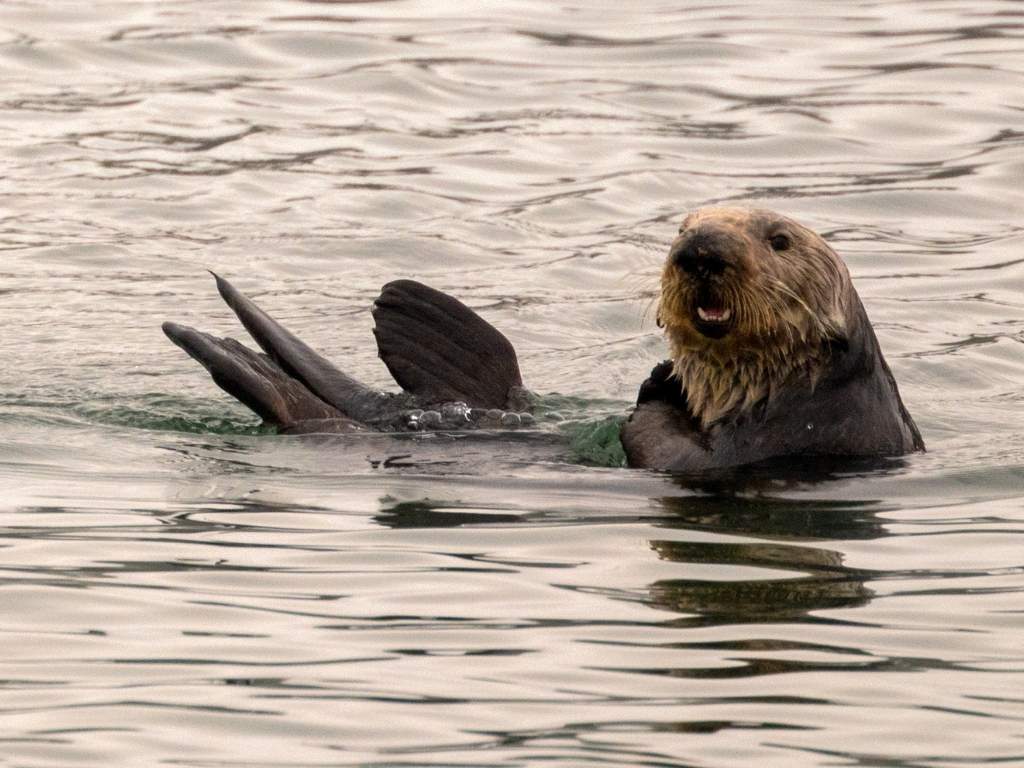
Úloha systému AQUAQUICK 2000 při odstraňování ropných skvrn
AQUAQUICK 2000, biologicky odbouratelný a ekologický čisticí prostředek, nabízí revoluční přístup ke zmírňování následků úniku ropných látek. Emulgací oleje na menší biologicky rozložitelné částice urychluje přirozené rozkladné procesy a minimalizuje škody na mořském životě.
Proč AQUAQUICK 2000 je ideální pro ochranu vydry říční
- Netoxické: Bezpečné pro použití v citlivých prostředích, kde se daří mořským vydrám a dalším mořským živočichům.
- Účinné na různé typy olejů: Dokáže čistit lehké i těžké oleje.
- Ekologicky šetrné: Zcela biologicky odbouratelné, bez trvalého dopadu na životní prostředí.
Použití systému AQUAQUICK 2000 při likvidaci ropných skvrn může zvýšit účinnost sanačních prací a zajistit lepší ochranu zranitelných druhů, jako jsou mořské vydry.
Prevence úniků ropy: Společné úsilí
Zabránit únikům ropy je pro ochranu vyder mořských a jejich biotopů zásadní. Vlády, průmyslové podniky a komunity musí spolupracovat na snižování rizik prostřednictvím:
- Přísnější předpisy: Prosazování přísných bezpečnostních opatření pro přepravu ropy a těžbu.
- Vylepšená technologie: Investice do vybavení odolného proti úniku a do monitorovacích systémů.
- Informovanost veřejnosti: Vzdělávání veřejnosti o důležitosti ochrany mořských ekosystémů a snižování závislosti na ropě.
Závěr
Úniky ropy představují pro vydry mořské a ekosystémy, které podporují, vážnou hrozbu. Řešení tohoto problému vyžaduje kombinaci preventivních opatření, účinných technologií čištění, jako je AQUAQUICK 2000, a specializovaného úsilí o obnovu. Ochranou mořských vyder zajišťujeme zdraví a stabilitu mořského prostředí a chráníme tyto vzácné ekosystémy pro budoucí generace.

